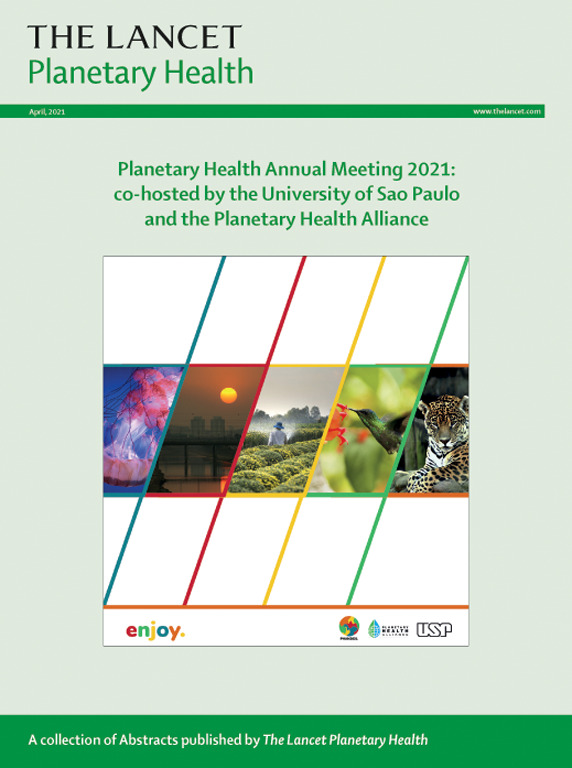Syntropic farming systems for reconciling productivity, ecosystem functions, and restoration
IF 21.6
1区 医学
Q1 ENVIRONMENTAL SCIENCES
引用次数: 0
Abstract
Inspired by the succession and vertical stratification found in nature, syntropic farming systems (SFS) incorporate annual and perennial plants in diversified farming systems. Numerous practice examples show the potential of SFS to enhance agroecosystems via optimised design and active management. Yet, scientific knowledge on SFS remains scarce, especially in the temperate zone. We compiled findings on the outcomes and enablers of SFS from 67 studies comprising diverse SFS designs—mainly from tropical countries—that have the potential to be implemented in temperate agricultural landscapes. Most studies highlight the high agrobiodiversity, nutritional diversity, and yield quality of SFS. Comparing the productivity of SFS with other farming systems shows mixed results. Carbon storage, soil fertility, water cycling, climate resilience, and plant health appear favourable in SFS across widely varying cropping systems and environments. SFS can also provide meaningful and dignified work. Nevertheless, remaining obstacles include high labour demand, intensive knowledge requirements, availability of tools and machines for SFS, and a lack of enabling policies. Efforts should focus on harnessing SFS to address the escalating socioecological crises in agri-food systems worldwide, including those of intensively managed cropland systems in the temperate zone where SFS systems could help to redesign agricultural landscapes.
调和生产力、生态系统功能和恢复的共向农业系统
受自然界中发现的演替和垂直分层的启发,共向农业系统(SFS)将一年生和多年生植物纳入多样化的农业系统。许多实践实例表明,SFS有潜力通过优化设计和主动管理来增强农业生态系统。然而,关于SFS的科学知识仍然很少,特别是在温带地区。我们汇编了67项研究的结果和SFS的推动因素,这些研究包括不同的SFS设计,主要来自热带国家,这些设计有可能在温带农业景观中实施。大多数研究都强调SFS具有较高的农业生物多样性、营养多样性和产量品质。将SFS的生产力与其他农业系统进行比较,结果喜忧参半。碳储量、土壤肥力、水循环、气候适应能力和植物健康在广泛不同的种植制度和环境中表现出有利。SFS还可以提供有意义和有尊严的工作。然而,仍然存在的障碍包括高劳动力需求、密集的知识需求、可持续发展的工具和机器的可用性以及缺乏扶持政策。应致力于利用SFS来解决全球农业粮食系统中不断升级的社会生态危机,包括温带地区集约管理的农田系统,其中SFS系统可以帮助重新设计农业景观。
本文章由计算机程序翻译,如有差异,请以英文原文为准。
求助全文
约1分钟内获得全文
求助全文
来源期刊

Lancet Planetary Health
Multiple-
CiteScore
28.40
自引率
2.30%
发文量
272
审稿时长
8 weeks
期刊介绍:
The Lancet Planetary Health is a gold Open Access journal dedicated to investigating and addressing the multifaceted determinants of healthy human civilizations and their impact on natural systems. Positioned as a key player in sustainable development, the journal covers a broad, interdisciplinary scope, encompassing areas such as poverty, nutrition, gender equity, water and sanitation, energy, economic growth, industrialization, inequality, urbanization, human consumption and production, climate change, ocean health, land use, peace, and justice.
With a commitment to publishing high-quality research, comment, and correspondence, it aims to be the leading journal for sustainable development in the face of unprecedented dangers and threats.
 求助内容:
求助内容: 应助结果提醒方式:
应助结果提醒方式:


